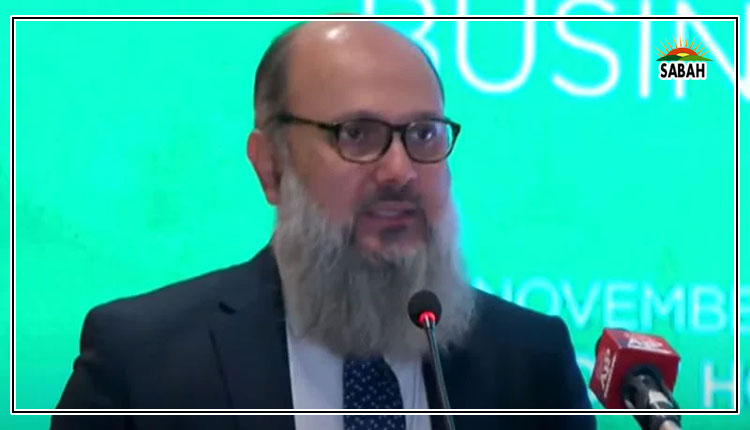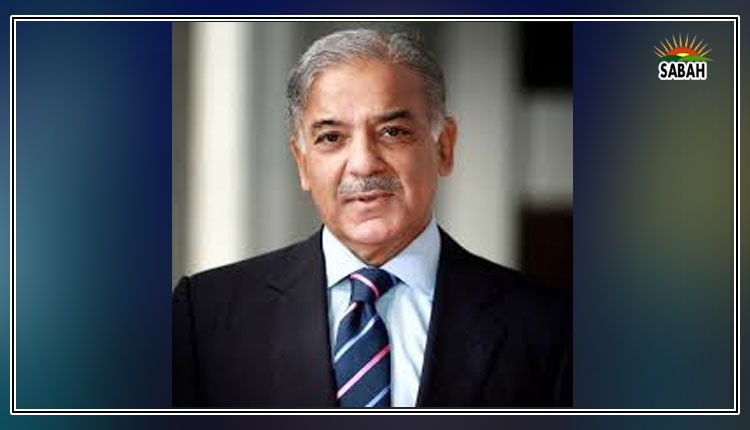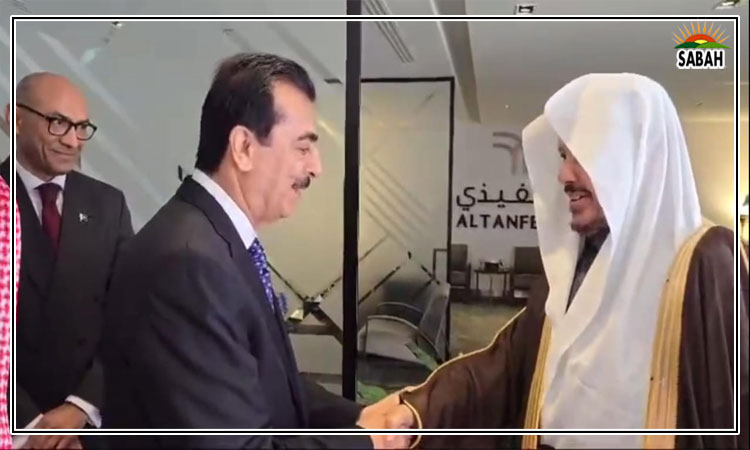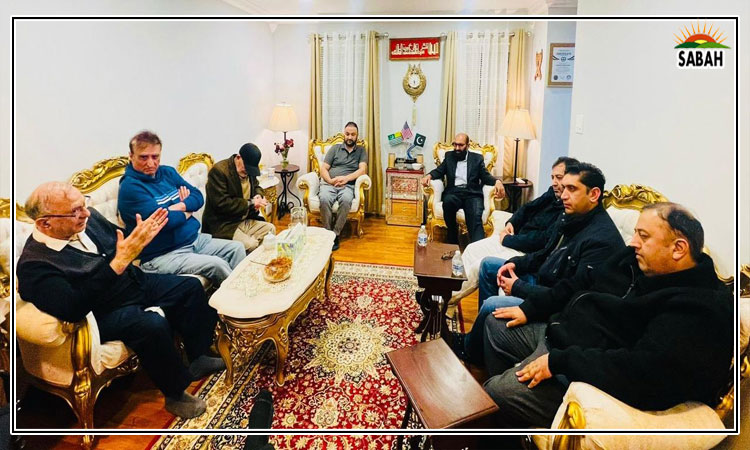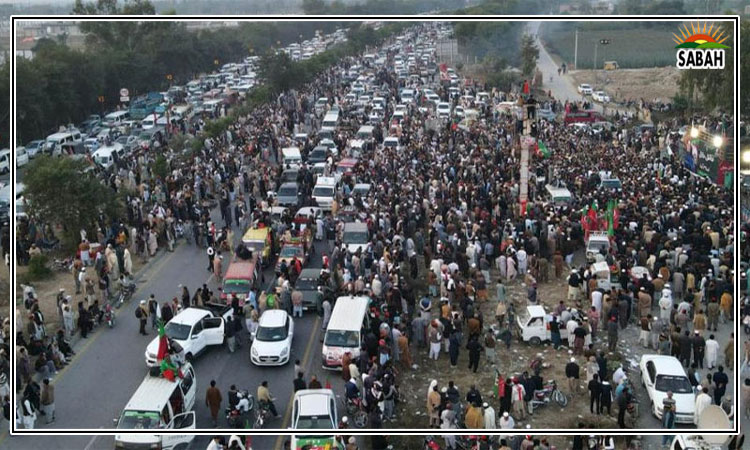Breaking the chain of corruption: Part – II…Ashraf Jehangir Qazi
The late prime minister of Singapore, Lee Kuan Yew, largely eliminated corruption from Singapore and thereby transformed it from a third-world to a first-world country. The following are some Yew quotes that should be of interest to all Pakistanis who recognize corruption as a deadly poison for their country:
We decided to fight and win the elections because to allow this group of scoundrels (the then government of Singapore) another five-year term would corrupt the public servants who were on the whole still honest, and once this happened we would not be able to work the system.
All my ministers except one were university graduates [from world-class universities in Singapore and elsewhere].
More important, most of us had working wives who could support the family if we were imprisoned or not around.
We made sure from the day we took office that every dollar in revenue would be properly accounted for and would reach the beneficiaries at the grassroots as one dollar without being siphoned off along the way.
From the very beginning, we gave special attention to the areas where discretionary powers had been exploited for personal gain and sharpened the instruments that could prevent, detect or deter such practices.
The Corrupt Practices Investigation Bureau the CPIB set up by the British dealt with corruption at lower levels. We decided to concentrate on the big takers in the higher echelons.
For the smaller fish, we set out to simplify procedures and remove discretion by having clear published guidelines, even doing away with the need for permits or approvals in less important areas. As we ran into problems in securing convictions in prosecutions, we tightened the law in stages.
We changed the anti-corruption law and widened the definition of gratuity to include anything of value. The amendments gave wide powers to investigators, including arrest and search and investigation of bank accounts and bank books of suspected persons and their wives, children or agents.
The comptroller of income tax was obliged to give information concerning anyone investigated. The existing law that the evidence of an accomplice was unworthy of credit unless corroborated was changed to allow the judge to accept the evidence of an accomplice.
The most effective change was to allow the courts to treat proof that an accused was living beyond his means or had property his income could not explain as corroborating evidence that the accused had accepted or obtained a bribe.
Singapore has avoided the use of money to win elections.
Opposition parties also did not need money. They defeated our candidates because the electorate wanted an opposition MP to pressure the government for more concessions.
Singapore has shown that a system of clean, no-money elections helps preserve an honest government. But Singapore will remain clean and honest only if honest, able men are willing to fight elections and assume office. They must be paid a wage commensurate with what men of their ability and integrity are earning for managing a big corporation or successful legal or other professional practice If we underpay men of quality as ministers, we cannot expect them to stay long in office earning a fraction of what they could outside…
Our Islamic tradition is even more replete with examples of good governance. The Prophet (pbuh) was known as Al-Ameen the trustworthy. The four most respected caliphs were Al-Rashidun the rightly guided. Hazrat Umar said if a dog went hungry on the banks of the Euphrates, he would have no right to sleep soundly. Muslims were enjoined not to enjoy their meals if a neighbour was hungry.
Unfortunately, we have tended to regard these examples as ideals to be admired, not to be practised as Allah is All-Forgiving. He is Al-Tawwaab ar-Raheem the one who accepts Tawba repentance. But we forget that Tawba is accepted by Allah only if sincerely made, and repeating crimes or sins after asking for Tawba means there is no sincerity in the Tawba and, accordingly, it will not be accepted by Allah who will not forgive crimes against Haqooq-al-Ibaad the rights of His worshippers (humanity.)
Gunnar Myrdal, in his classic Asian Drama An Inquiry into the Poverty of Nations, notes that in South Asian countries periodically anti-corruption campaigns are waged, laws passed, vigilance agencies set up, and special police establishments assigned to investigate reports of misconduct. Sometimes officials, mostly in the lower brackets, are prosecuted and punished, and occasionally a minister is forced to resign. Yet corruption is rampant and growing, particularly among the higher officials and politicians, including the legislators and politicians. This spreads cynicism. Myrdal wrote these lines before the establishment was widely known which added a further dimension to the untouchability of the power elite.
This is why we are a soft state a state whose leaders, intellectuals and establishment know what is to be done, talk incessantly about the need for radical reform, but do not have the ability, sincerity and patriotism to do any of it. There can be no greater national betrayal than this because in todays world existential threats are no longer a longer-term prospect. Accordingly, a soft state that is also a new and developing state in which poor governance, corruption and unaccountable institutions largely define its politics and priorities, is inevitably a prime candidate to be a failed state. Tragically, in any world ranking of likely failed states Pakistan today would be close to the top of the list.
The external aspect of this would be a shift towards the US which regards Pakistans best friend as its global enemy, and Pakistan itself as a country with no options and no future. The US also regards Pakistans primary adversary as its strategic partner of choice in South Asia against China. The economic dimension of this national betrayal is encapsulated in the statement that Pakistan cannot survive without another IMF package after 23 packages have made it a resident patient of the IMF.
According to Michael Kremer and Seema Jayachandran of Harvard University, The legal doctrine of odious debt makes the argument that sovereign debt incurred without the consent of the people and not benefitting the people is odious and should not be transferrable to a successor government, especially if creditors are aware of these facts in advance.
No one is more aware of the facts of Pakistans economy and polity than the US and Gulf Arab creditors as well as the IMF. As for China, it owns only 15 per cent of Pakistans external debt and none of it qualifies as odious. However, the US insists CPEC rests on odious debt as part of its campaign to press Pakistans governing elites to progressively disengage from it.
Corruption, accordingly, is the primary cancer that brings about a failed state. It has to be surgically removed without delay by people qualified and motivated to do so and whom the people trust will do so. This will not happen without a national struggle.
As for the common citizen and public servant, he/she must always speak truth to power, no matter what the risks and sacrifices, or else they will be willing or unwilling accomplices. All this, of course, is easier said than done. But it has to be done if Pakistanis including our children and grandchildren and theirs are to have a Pakistan. Or have we, God forbid, already died as a nation? La, Abadan! (No, never!).
Concluded
Courtesy The News



